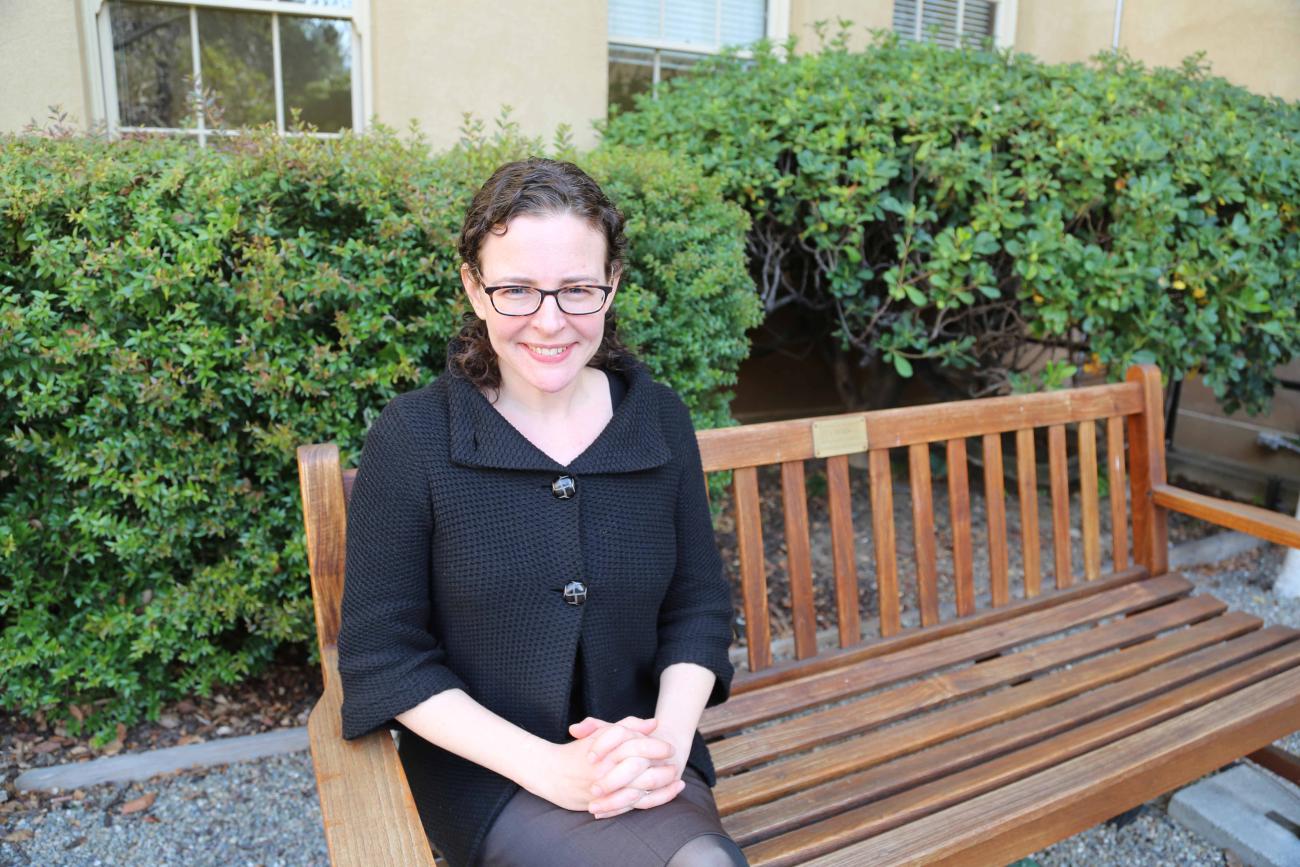
Leah Gordon’s examination of anti-prejudice education wins national award
Leah Gordon, a Stanford Graduate School of Education faculty member, was recently honored for her insights into the role of education as a popular — but inadequate — tool for addressing racial inequality in mid-20th century America.
Gordon, an assistant professor since 2008, was awarded the History of Education Society’s Linda Eisenmann Prize for her book, From Power to Prejudice: The Rise of Racial Individualism in Midcentury America (University of Chicago Press, 2015). The award is given biennially to the best scholarly work in higher education history by a junior faculty member.
At 288 pages, Gordon analyzes how and why academic debate in the two decades following World War II favored arguments that viewed racial injustice in terms of individual perpetrators and victims. In these years systemic, structural, or political economic theories of racism, which had been popular earlier, fell out of favor. While other historians had noted that individualistic theories of racism gained traction in postwar America, Gordon’s work breaks new ground by asking how and why these views became so influential.
Gordon attributes what she calls the rise of “racial individualism” — the theory that personal prejudice and legal segregation were the roots of “the race problem” — in the 1940s and 1950s to a number of intersecting factors. They include McCarthyism, which stoked fears that research on race and political economy would be seen as subversive, and the embrace of behavioralism in the social sciences. With its emphasis on individuals and group actions, the new field of behavioral sciences tended to overlook political-economic considerations.
To some proponents of racial individualism — mostly at elite, white research institutions — the key to ending racism in America was simply to educate Americans out of their prejudices, while ending legal segregation and passing anti-discrimination laws. But this approach, while essential, was ultimately inadequate, since it left much extra-legal segregation and racialized poverty unaddressed. In a number of historically black colleges and universities (HBCUs), however, alternatives to racial individualism persisted well into the postwar years.
Reviewers have praised From Power to Prejudice as “refreshingly critical,” “important and compelling,” “deeply grounded” and “highly recommended.”
Gordon, wrote one member of the prize selection committee, shows how “anti-prejudice education efforts insufficiently addressed the complexity of America’s intractable dilemma.” Another reviewer noted that Gordon’s work reveals “how the academic roots of America’s race problem simultaneously brought progress but also limited tools in our collective kit.”
Gordon earned her doctorate in history and education from the University of Pennsylvania. She has received numerous awards and fellowships, including a Charles A. Ryskamp Fellowship in 2015 to work on her second book, a history of the debates over the relationship between schooling and equality of opportunity in the United States since the 1920s.
From Power to Prejudice was just released in paperback.



